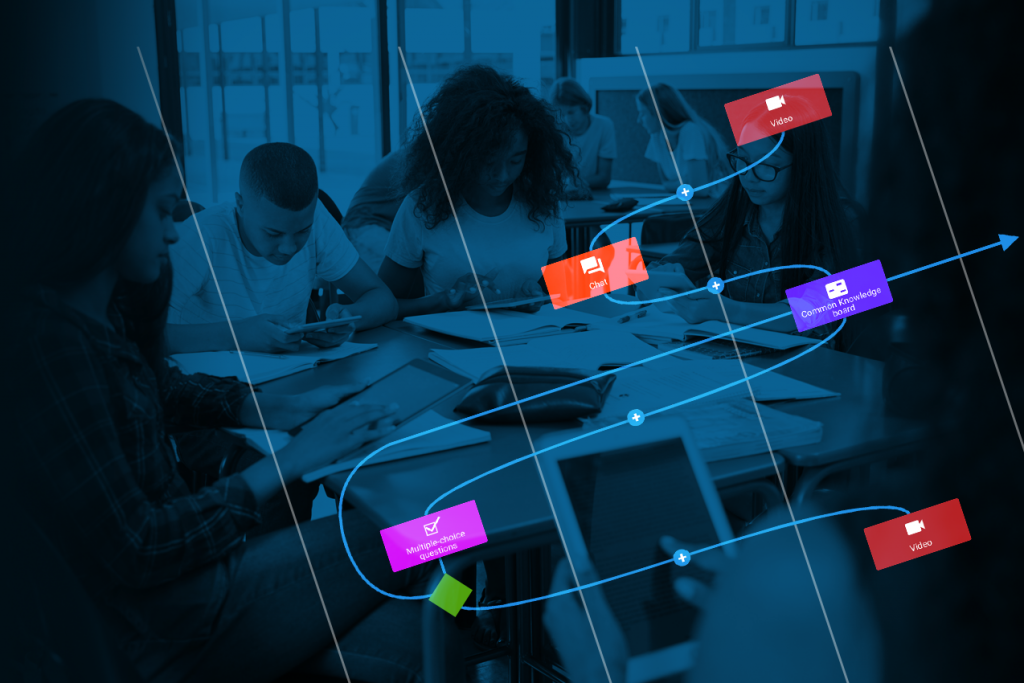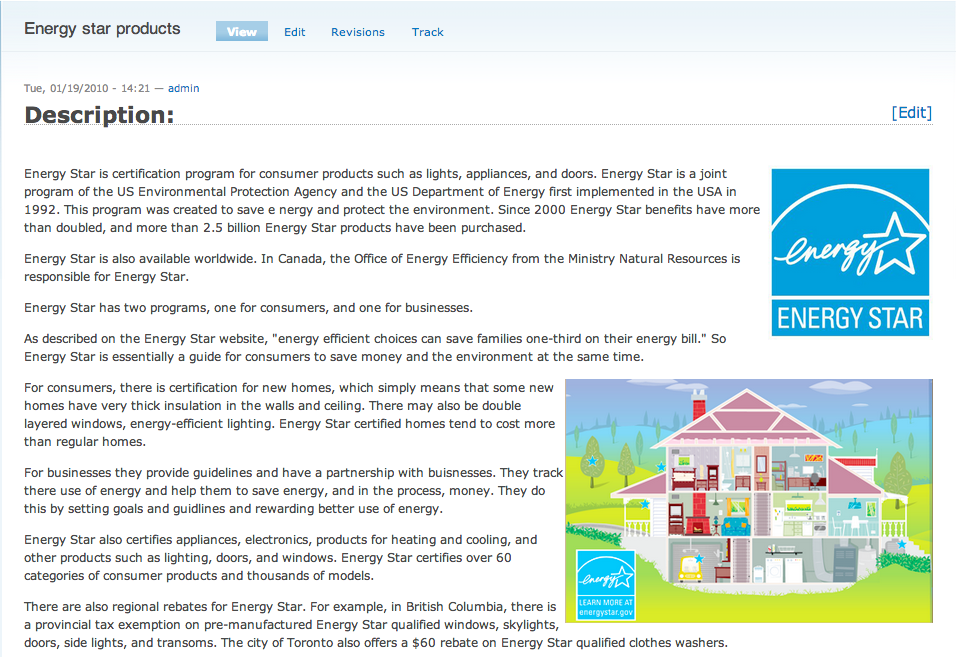CALE – Critical Action Learning Exchange
Many educators want to contribute to action on pressing global problems, such as...
SCORE – Scripting and Orchestration Environment
SCORE is an online environment being developed by the ENCORE Lab that supports...
Future Cities, Future Us
“Future Cities, Future Us” is a special climate action project of Urban Minds,...
Tangible Design Jam
Tangible and embodied technologies hold great promise for supporting exciting new forms of personal...
Wallcology
The Encore Lab is using the Embedded Phenomena (EP) and the Knowledge Community and...
Rock, Paper, Awesome!
Rock, Paper, Awesome (RPA) was Encore Lab’s initial foray into developing the means...
PLACE
PLACE (Physics Learning Across Contexts and Environments) is a 13-week high school physics curriculum...
HungerGames
Hunger Games is a learning environment designed to support upper elementary learners’ construction...
HelioRoom
What happens when you combine eleven grade six students, one master teacher, an...
EvoRoom
EvoRoom is an immersive, room-sized simulation of a rainforest ecosystem modelled after Borneo...
Common Knowledge
Common Knowledge (CK) is a pedagogical and technological innovation designed to guide knowledge...
Climate Change
Climate change is a SSHRC funded-project that examined students learning and teacher’s role...
CHAT
Community Healthworker Assistive Technologies (CHAT) Community health workers (CHW) play a critical role...











